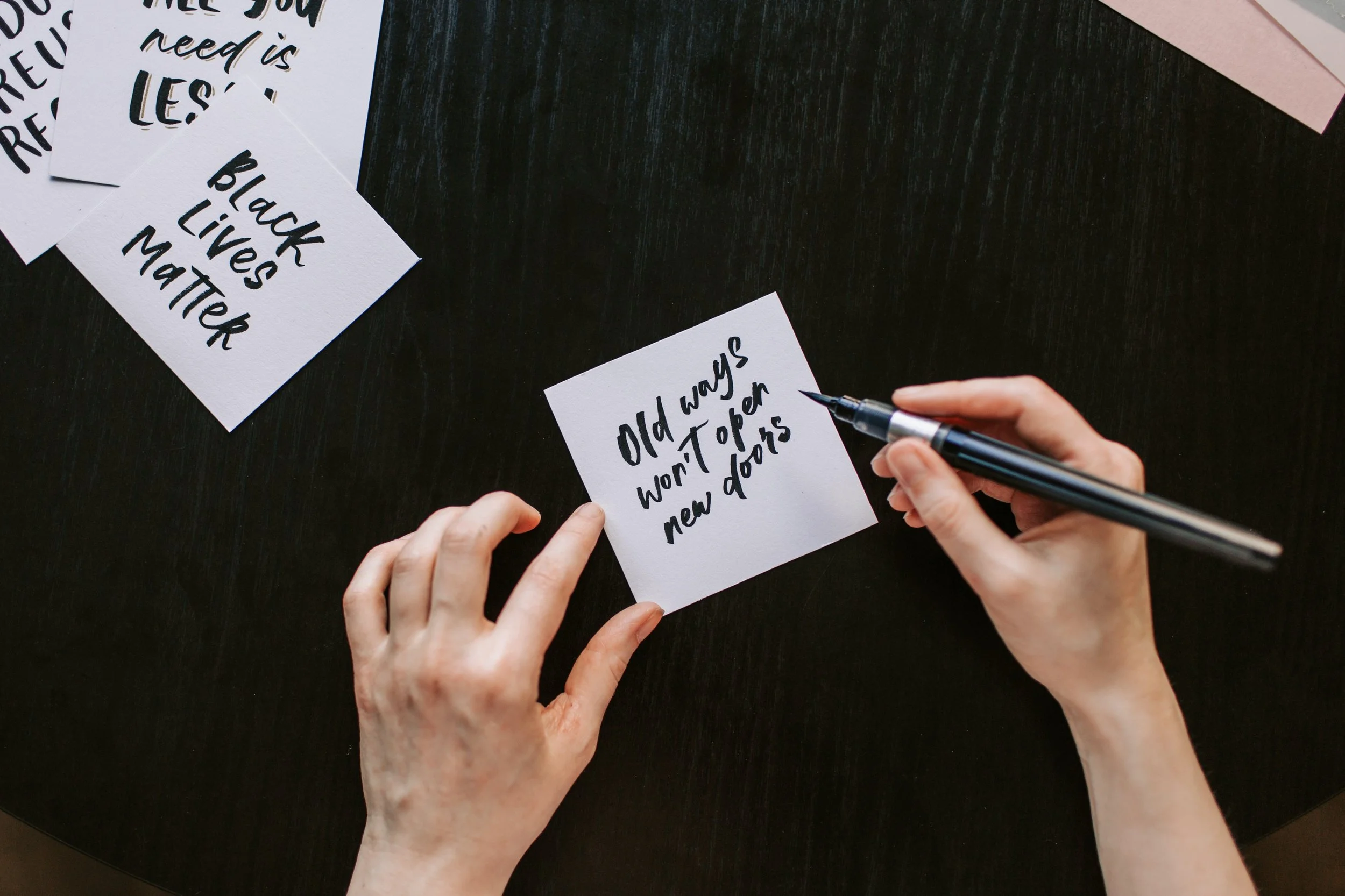On the Mentality of Scarcity as A Tool of Oppression
This blog was originally published on our Medium blog.
It has never sat well with me that we celebrate these holidays for particular cultures or “minority” groups on specific days of the year – or months, if you’re lucky or large enough of a population. Black history in February. Women’s history in March. Asian heritage in May. Pride in June. National Indigenous History Month in June. Filipino heritage…again in June. Latin Heritage Month in October. And the list goes on…
While the creation of these holidays may have been well-intentioned and a symbol for progress at the time, the reality is that it is performative in essence and limits us to the bare minimum.
It encourages all of us to learn of these histories, heritages, cultures, and communities only during these specific times of the year instead of all year round as an integrated part of our educational curriculum and our collective consciousness. It’s lazy at best, and deeply harmful at worst.
It’s harmful because these heritage months subtly reinforce the mentality of scarcity that plague so many of us who are part of these underrepresented communities.
It teaches us that XX month XX is our month to speak out and stand up. That we must only take up space during those allotted weeks. No more, no less.
And heck, we should be grateful to even be given this time.
What I find to be the most harmful though is that this mentality of scarcity signals to us that we are in competition with one another. In June alone here in Canada, we celebrate Pride, we celebrate National Indigenous History Month, and in more recent years, we celebrate Filipino Heritage Month.
There are only so many months in the year and it feels like we must compete for airtime. We must jostle at each other for recognition of our very worth and value.
Even in these months that are meant to honour our communities and our contributions, we are still playing by the rules of someone else’s game. Remaining within the distinct lines that they created.
How powerful these systems of oppression work! So subtle, so smooth, so damn sophisticated…
But if there is anything my work at Living Hyphen has taught me, it is that there is infinite space for all of us. That there is a nourishing beauty and immense power in lifting each other up as we ourselves rise.
And so today, and every day, I challenge you to break past the narrow idea of Black History Month (or whatever other cultural month) and the limitations these systems of oppression have built and continues to foment in each one of us. Let’s make learning about each of our communities and cultures a part of our every day exercise.
Here are just some ways you can do that both within and beyond the Living Hyphen community.
Trailblazers: The Black Pioneers Who Have Shaped Canada
Earlier in the year, Living Hyphen partnered with writer Tiyahna Ridley-Padmore to share her latest book TRAILBLAZERS: The Black Pioneers Who Have Shaped Canada. Trailblazers introduces readers to Canada’s Black history through the under-told stories of over forty incredible Black change makers.
Some of these trailblazers, such as Josiah Henson, have saved lives through their bravery. Some, such as Viola Desmond and Bromley Armstrong, have improved laws through their advocacy. Others, such as Albert Jackson and Bernice Redmon, have broken down barriers by being the first in their fields and inventing new ways of doing things.
This gorgeous book, written by Tiyahna and illustrated by Merryl-Royce Ndema-Moussa, should be essential reading in classrooms and homes all across what we now know as Canada.
I encourage you to purchase your own copy and share what you learn with your friends and family all throughout the year!
Distances Within & Between Us
“The true focus of revolutionary change is never merely the oppressive situations which we seek to escape, but that piece of the oppressor which is planted deep within each of us…” — Audre Lorde
While Living Hyphen has always been a space that works to dismantle white supremacy, the events of 2020 injected a new vigour and unparalleled energy into our work. On a personal level, the Black Lives Matter protests in June along with the disparities of the COVID-19 pandemic illuminated the direction of my activism both in my personal and professional life. It gave me clarity and precision in my role and how I might best effect change within my community.
Among other initiatives, I created Distances Within & Between Us as a result of these events. This writing course aims to be a brave and reflective space that digs into the distances and differences within and between those of us from racialized communities — differences that white supremacy has created.
Over the course of four sessions, we’ll examine the complexities of our identities through writing prompts, storytelling exercises, and critical but caring conversations. No writing experience necessary; only an open heart and an open mind with a readiness to (un)learn, shift perspective, and give and receive vulnerability.
I invite you to join me and Living Hyphen on this four-week intensive in March to unpack all the messiness that lies inside of us.
Keep Moving Along Your Anti-Racism Journey
“Being an ally is “not an identity — it is a lifelong process of building relationships based on trust, consistency, and accountability with marginalized individuals and/or groups of people. Allyship is not self-defined — our work and our efforts must be recognized by the people we seek to ally ourselves with.” — Anti-Oppression Network,
At Living Hyphen, we strive to work in solidarity across racial lines to dismantle white supremacy and towards our shared liberation. Our anti-racism and Indigenous allyship resources aim to move us along this journey. It is meant to be a living resource, an ongoing work-in-progress (just as we are!) that we all create together in community.
We encourage you to dive in and share it widely across your networks.
There is much to remember, to fight for, and to celebrate during all of these history and heritage months. While these months may feel good on the surface, I do believe that on a deeper level, they actually serve to keep us disparate, to keep us separate instead of as part of a grander whole.
We must move beyond Black History Month to recognize how interconnected all of our histories, futures, and current struggles and triumphs actually are. We must hold and carry multitudes.
Did you enjoy reading this blog? Sign up for Living Hyphen’s newsletter to get thoughts and ideas just like this one straight to your inbox.
You can also support our work in amplifying diverse voices by contributing to our Patreon! Learn more.





